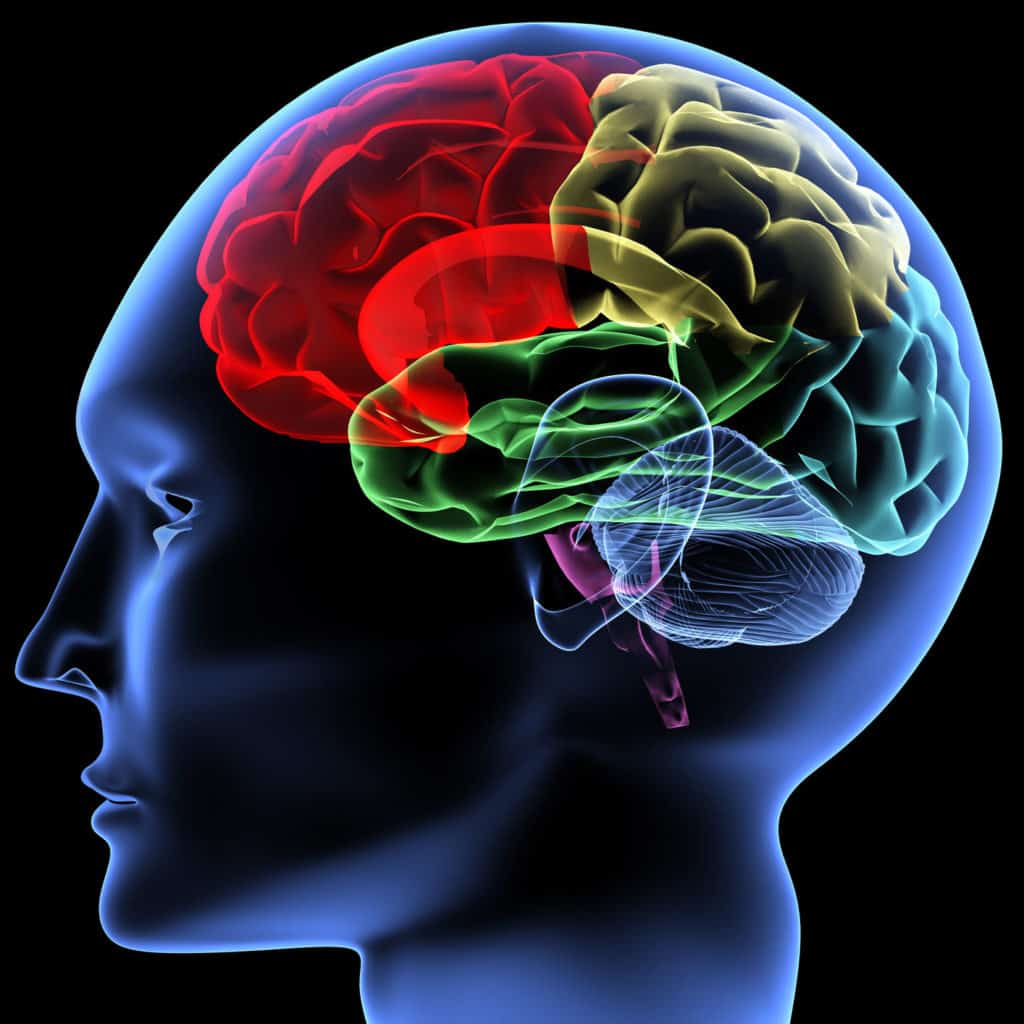Differentiating situational from characterological shame
By Gregg Henriques in Theory of Knowledge
Shame. Just saying the word can be aversive. It is one of the most painful emotions that we humans can experience. And, in a related vein, it is probably one of the most avoided, inhibited, or defended against feeling states. What exactly is shame? Is it ever good to experience it? Or is it always horribly debilitating? As is often the case, the answer is “it depends”, and there are adaptive and maladaptive ways of experiencing shame.Let’s start, though, with the answer to the first question. What is shame? For starters, shame is an emotion, and, so, to answer that we need to be clear on what emotions are. Broadly defined, emotions can be thought of as a response set that prepares an animal for action relative to its interests. So, for instance, when our family dog Maggie is chewing on her chew toy and my son attempts to takes it away from her, she growls. That growling can be thought of as a part of a complicated, affectively organized response set that prepares Maggie to take defensive aggressive action to protect her interests. Research has documented that humans and animals come prepared with a basic emotional architecture that evolves with experience. (If you want to learn more about emotions, I recommend starting with Paul Ekman’s research on universal human emotions).

If emotions orient one to respond to changes in one’s goals or interests, how does shame work? To answer this, let’s think about what situations or actions tend to elicit shame. Shame emerges when people feel they have failed, when people are rejected, or perceive that they are somehow lesser in value than they wished. So, for example, when I was ten my younger brother told my friends that I still wet my bed. Although I now look back on it with the empathy of an understanding adult, at the time I felt a deep sense of shame. Shame is one of the most common and important emotions in psychotherapy. Many patients have reported feeling shame over failing to achieve what they expected, being criticized or teased or rejected because they were disabled or different or defective, or being unable to manage what “normal” people manage.
What does shame orient people to do? Well, after my brother let my secret slip, I ran inside the house. And many of my patients report a strong desire to hide or avoid social scrutiny or judgment. When shame is experienced, they feel weak, shrunken, defeated, and self-critical. Of course, many people can’t even let themselves get that close to shame, and to defend against the shame, they become enraged and attack the other.

So what function does shame serve? It is a crucial emotion that serves several functions. First, shame avoidance is negatively reinforcing, meaning that many work hard to avoid landing in a shameful situation. So, for example, many perfectionists drive themselves to achieve (or, more specifically, to not fail) so that they do not have to experience shame. (See this blog on Steve Jobs for an analysis of how insecurities might drive some people). Second, minimal shame prevents us from alienating ourselves from the group. You likely have heard or used the expression, “He has no shame,” and that is not a good thing. It is used to describe someone who is overly egotistical, brazen, deviant, lacking in humility etc. Third, shame communicates submission. When people experience shame, the head tilts down, the body contracts, and often tears emerge. The signal is I am weak, defeated, and will no longer compete. Finally, shame tells us aspects of ourselves that others will not value, thus it signals stuff we ought to hide from others.
Shame, embarrassment, and humiliation are all similar, just different shades on the same theme. Guilt is a close cousin of shame, but the two are quite distinct. Guilt emerges when we have transgressed some social contract with an important other or some norm we ought to have followed and orients us to approach and make amends. Thus, I feel guilty if I realized I forgot to pay my friend back the $20 I borrowed, but would probably not say I felt shame. In contrast, shame emerges when we fail to live up to some standard of performance or expected ideal, and orients us to submit or hide. If I could not afford to pay my friend $20 because I was completely broke, then I might feel shame, in addition to guilt. (June Tangney-Price’s work is strong in this area).
Although humans share with other animals basic emotional response sets, humans have the unique capacity to linguistically narrate what exactly it is that their feeling states mean. It is here that the experience of shame (as with many emotions) can often turn maladaptive. The reason is that for many psychologically vulnerable individuals the emergence of feelings of shame activates an intense self-blame narrative, such as: “I can’t believe I failed at this. I am a completely incompetent loser”, or “It is no surprise she rejected me. Who the hell would want to date me? I am ugly”, or “I am damaged goods because of this. No one would value me if they knew the truth”.

Notice something about these self-blaming characterizations. They are indictments against the entire person. This is in contrast to healthy shame or healthy self-blame. Healthy shame is in response to specific situations of failure or rejection. Thus, the narrative here is, “I am disappointed in my performance here; I will learn from this,” or “Although she rejected me, I have successfully dated other women” or “This trauma wounded part of me, but I am much more than this event.” (See Janoff-Bulman’s work is a classic in this area).
The former, maladaptive narrations are examples of characterological shame. As such, the meaning of the shame is global and stable and permeates the essence of the entire person. The latter, more healthy narrations emphasize the situational and temporary and is experienced against the backdrop of a complicated, nuanced picture of the person as a human being with many strengths and weaknesses. This insight reflects one of the gems of cognitive psychotherapy, which teaches individuals more adaptive self-talk, especially on issues related to shame.
The bottom line is that humans come equipped with the potential to experience shame for good reason. Tempered, situationally-based shame and self-blame can functionally guide us toward humility, foster learning, and be socially sensitive. However, when shame and self-blame are characterological, there is a cancer at one’s core sense of self, perhaps hidden, but eating away in a destructive manner.










